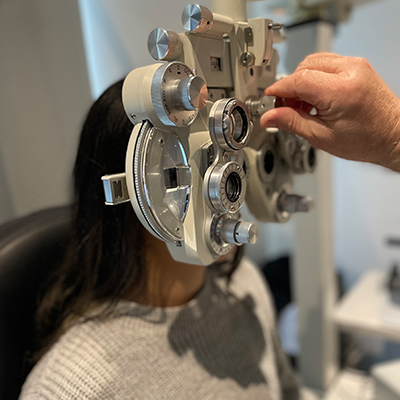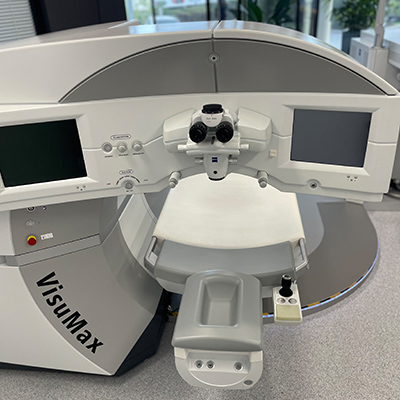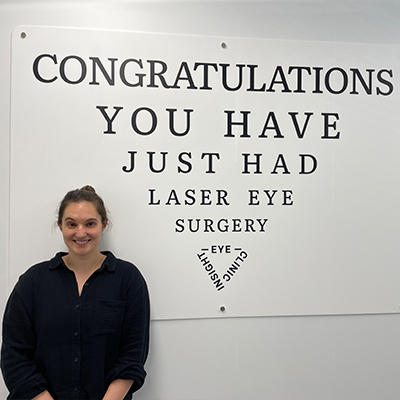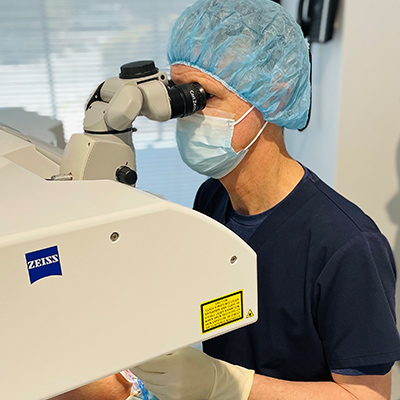Have regular check-ups
There are many diseases which affect your vision that have few, if any, warning signs. A regular check-up with your Optometrist or Ophthalmologist, even if you don’t need visual aids, is an important part of keeping your eyes healthy.
Eat healthy foods
A very important part of keeping your eyes healthy is to eat a healthy diet rich in green, leafy vegetables (eg spinach, kale and collard greens), fruits and juices high in vitamin C and fish high in omega-3 fatty acids (eg. Salmon, tuna and halibut). These foods help you get the vitamins and nutrients your body needs to keep your eyes healthy.
Take eye vitamins
Studies have shown that certain nutrients help keep your eyes healthy. Particularly important are vitamin C, vitamin E, carotinoids such as beta carotene, lutein and/or zeaxanthin, fatty acids and zinc. If you are not getting enough of these nutrients in your daily diet, talk to your doctor about eye vitamins.
Quit smoking
Smoking increases your risk of developing serious eye diseases such as age related macular degeneration (AMD) and cataracts. Smoking can also increase your risk of developing diabetic retinopathy if you have diabetes. As an added bonus, quitting smoking can not only protect your eyes, but also improve your overall health. Follow this link for help quitting smoking.
Investigate your family history
Investigating your family history of eye diseases may help you know if you are at risk of developing any serious eye disorders. You have a higher risk of developing AMD, glaucoma and other serious eye diseases if you have a family history. It may be beneficial to have more regular eye check-ups if you have a family history of eye disease.
Wear proper eye protection
Safety glasses or goggles are an important way of protecting your eyes at work, around the house or when playing sport if you are doing activities which put your eyes at risk. Studies have shown that protective eyewear that fits well and does not obstruct your vision has been shown to reduce serious eye injuries by 90%. Follow this link for more info about eye protection.
Protect your eyes from the sun
Wearing good quality sunglasses helps prevent eye damage caused by ultraviolet (UV) radiation. Sunglasses should block at least 99% of UVA and UVB rays. Sunglasses also help protect the skin around the eyes from wrinkles and skin cancer. This is especially important if you regularly work outside, in construction for example.
Use contact lenses wisely
Always follow your optometrist or ophthalmologist’s instructions on cleaning, storage, use and replacement of contact lenses to prevent infection and eye pain. Make sure you wash your hands well before inserting or removing your contact lenses.
Take ‘eye breaks’
Your eyes become very tired when you spend long periods of time looking at a computer screen or reading a book. It is a great idea to look up from the activity every 20 minutes or so and focus on an object at least 6 metres away for about 20 seconds. If your symptoms of eye strain persist, see you optometrist or ophthalmologist.
Watch for signs of eye problems
If you have a sudden loss of vision or see flashes of light, black spots or halos around light you should see your doctor. You should also have a check-up if you experience eye pain, redness, swelling, double vision or itchy burning eyes that feel dry or water constantly.








